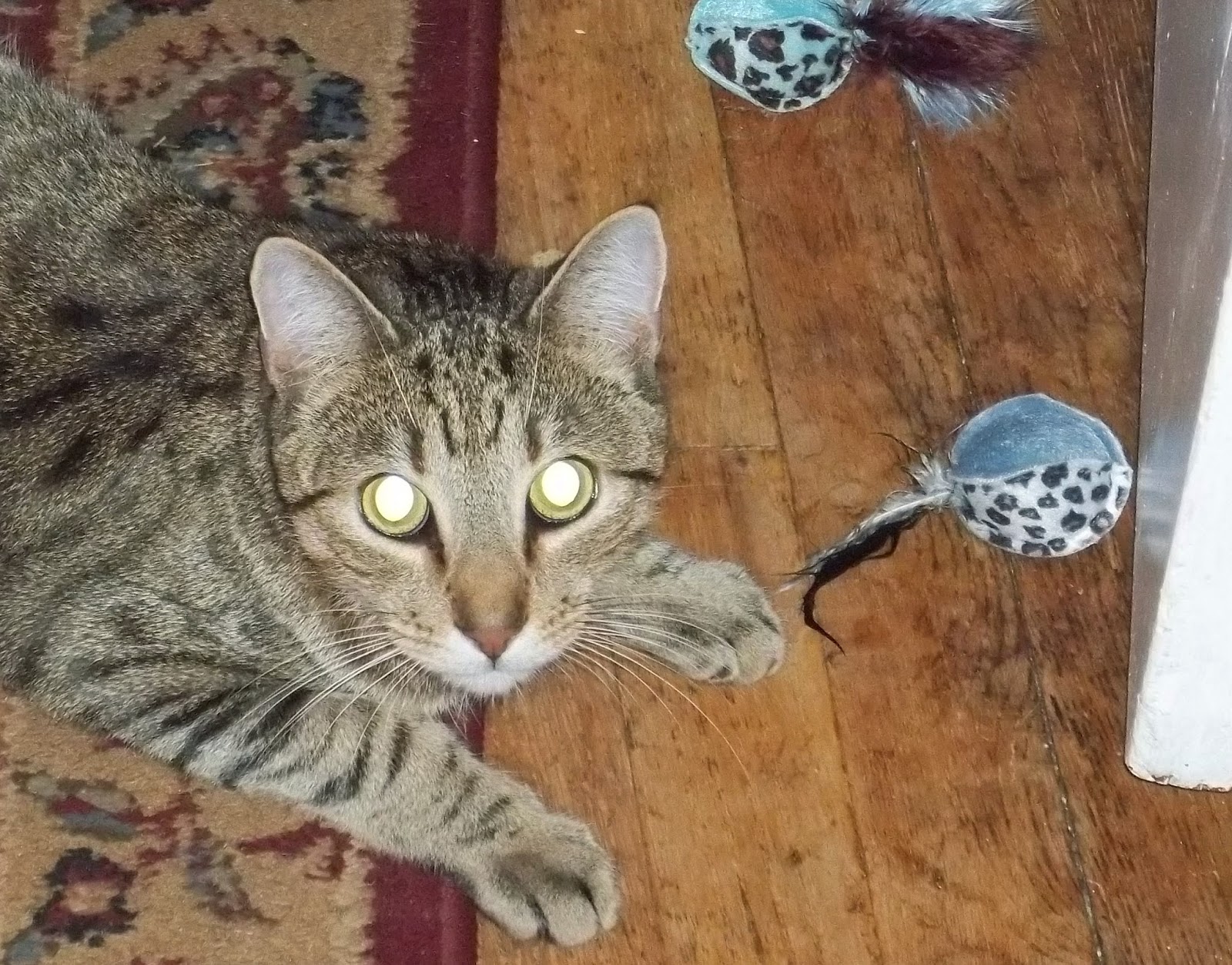Each new year our minds turn to diet. We've overdone it starting with Halloween all the way through New Year's Day and our bodies feel it. Too busy to exercise or eat properly we deal with the aftermath of the holiday season by making resolutions to be healthier. This year, why not include healthy eating for the mouth as well as the body?
Even children know that too much sugar is no good for you. It's no good for your body or your teeth and the two are connected. Sugar causes inflammation in both the body and the mouth and, when plaque is present, can cause inflammation of the gums and cavities in the teeth. Plaque germs that live in the mouth on the teeth, gums, and tongue, use the sugary foods that we eat as fuel and form acid as a by-product. This "acid attack" on the teeth lasts for twenty minutes until the mouth can naturally return to its normal state. Because repeated exposure to acid is what causes the breakdown of enamel frequent sipping and snacking can make matters worse.
So what is one to do?
Well, to start, brush at least two times a day for two minutes and floss once a day to reduce plaque levels. Rinsing with an anti-cavity or anti-bacterial mouth rinse can help, too. Brush or floss about 30 minutes after meals. Your mouth will feel super clean and you may be less likely to want to snack, especially at night.
Pair "cavity-causing" sugary or acidic foods and beverages, with "neutral" or sugar and acid "reducing" foods. For example, if you want a sugary snack, have fruit and then sip some water. Water helps wash away the sugar from the teeth and can be used to swish away sugar following any snack or meal.
If you want to really indulge have cookies or a donut but follow it with milk. The level of pH of milk is about 6.5, close to the level of pH of water which is a neutral 7. You get the added benefit of calcium from the milk, too.
The pH of wine is acidic at about 3 for white wine and 3.5 for red wine. Pairing it with cheese, with a pH of 5 to 5.9 can reduce the acid levels in your mouth. Further reduce acid attacks by eating snacks or drinking sugary or acidic drinks with your meals and by not eating in between meals. Remember, it is the frequency of snacking and sipping that increases the number of acid attacks.
In the long run, we are what we eat and drink. If you stick to "one ingredient" foods like fruits, vegetables, meat and poultry you can't go wrong. And if you take good care of your teeth you can indulge in that occasional snack or goody, even that glass of wine, with minimal negative impact on the health of your mouth.
Have a healthy eating tip or question about eating for good mouth health? I invite your questions and comments.
This blog is not intended to diagnose any dental or medical condition. If you are concerned about your dental or medical health please contact your dental or medical professional. Don't worry or wait until it's too late!
